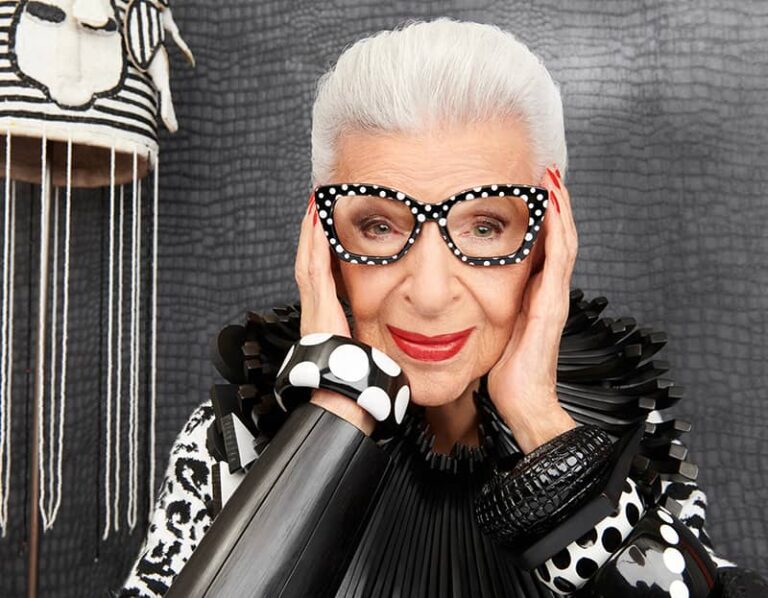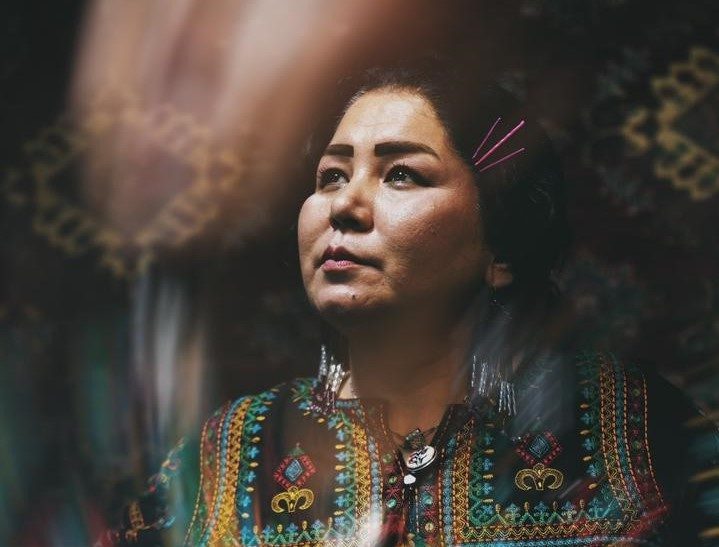Digital and social media have changed the way we interact with one another and the world, while raising concerns about online security and over-sharing. Former Facebook marketing executive Randi Zuckerberg helps us navigate the mazelike digital world.
Nearly 70 per cent of adults wake up in the middle of the night to check their messages or to send themselves reminders,” says Randi Zuckerberg. “These devices are replacing our intimacy with our partners, because if the first thing you do when you wake up and the last thing you do before you go to bed is check your phone, then you’re not connecting with the person you’re sharing a bed with.”
It’s just one of many warnings the former Facebook marketing executive flags from her new book, Dot Complicated. Since leaving Facebook, Zuckerberg, sister of the social media giant’s founder, Mark Zuckerberg, is helping adults navigate the technology revolution while driving her production company Zuckerberg Media.
Sharing a surname synonymous with innovation and the American dream – which Zuckerberg also admits helped to open some doors for her early on –presented its share of hurdles too.
“When you have such a successful sibling, it’s very hard for people to think you’ve earned any of your own success. There were a lot of times I wanted to say ‘I graduated from Harvard, I earned my way here, this is not a case of nepotism.’
The Social Network
From the Instagram-savvy and Tweet-happy crowd to those who are still getting to know the difference between a “follower” and a “friend”, the spectrum of social media know-how can vary wildly from one person to another.
What is undeniable, however, is these new mediums are changing the way we communicate, the pace at which information is disseminated, how employers hire new staff, and as Zuckerberg says, “enhancing and complicating all parts of our life”.
According to Zuckerberg, it’s not tech-obsessed teenagers or university students who are spending the most time scanning their Facebook news feeds; new mums are whiling away two hours a day on average on the social media site, sharing happy snaps and anecdotes about their newborns.
“It was shocking when I found that out,” she recalls. “But then when I became a new mum myself, it suddenly made all the sense in the world to me. Here you are – you’re not sleeping, and you really need a support network like never before in your life. I found myself having conversations with high school classmates I hadn’t spoken to in decades, who I was now bonding with because we were both mums at the same time. I do think that some mums perhaps take it a bit too far in their over-sharing about their children,” she says.
“One thing that parents need to realise today is that our children look to us to set an example of behaviour and it’s very difficult to turn around to your children a few years from now and say ‘don’t overshare online – mind your privacy’ when we have been guilty of oversharing for the past few years about our families and ourselves.”
With the rate of digital communication still growing exponentially, Zuckerberg believes that “tech ed” should be encouraged as early on as physical education.
“I always joke with parents that the most awkward or painful conversation you once had with your children used to be the birds and the bees conversation, but now even before that, you have to have the ‘don’t post naked photos online’ talk.”
Brave New World
For some parents, the world of technology and social media is about as foreign as exploring a new land, with its own language and strange new customs.
But with children more versed than ever in technology, Zuckerberg believes it’s vital for caregivers to establish basic awareness or risk pushing kids towards more anonymous, less secure sites where they can become vulnerable.
“For parents, social media can seem terrifying and scary and I think the kneejerk reaction is to turn to children and say ‘don’t use that service’.
“What that means is that we are driving teenagers towards sites that are less safe because they go somewhere where they can hide online. I think the answer is to give ourselves at least a baseline education.”
Typically, the day’s new Facebook friends, “likes” and conversations aren’t subjects the average teenager will openly raise with their parents come dinnertime, so Zuckerberg’s advice is to approach this from a different angle.
“Children don’t want to discuss their own internet activity but they’ll typically gladly discuss what their friends are doing, so that’s a great way to approach a conversation with your children about their internet use.”
Apps such as Whisper and Snapchat form part of this new generation of social media portals, where anonymity is encouraged and interaction is virtually instantaneous, allowing messages and images to be uploaded only to vanish moments later.
Zuckerberg believes they have the potential to become a breeding ground for bullying and intimidation.
“My problem with anonymity online is that I think people hide behind it to say things that are much more hateful than they would say to someone’s face or when their identity and their image are attached to what they say.
“Especially when you are a young impressionable teenager with fragile self-esteem; anonymous, hateful comments can be very damaging.”
A mother of one, Zuckerberg exalts the role of technology in children’s learning and creative development – but the former Facebook exec cautions that this should only air on the “side of life”.
“There are so many wonderful apps and gadgets out there that promote adaptive education and I also think, realistically, these tools are going to be the cornerstone of employment for this generation.
“But I definitely think for children, getting outside and playing is most important, because there’s certainly enough time to be obsessed with digital devices later.”
Dot Complicated
Part memoir, part tech how-to guide, Randi Zuckerberg’s Dot Complicated: Untangling Our Wired Lives (Random House) takes readers on an informative and entertaining journey through the world of digital media.
Expanding on the idea that social media and technology have complicated all aspects of our lives, Zuckerberg presents many of the modern day digital dilemmas that parents, teens and couples face.
Using personal anecdotes and sharing the experiences from Zuckerberg’s time as former marketing executive of Facebook, Dot Complicated offers a 360-degree tour of the digital world, including an all-important etiquette class.
While online novices will love the baseline education the book offers, social media experts will enjoy the behind-the-scenes glimpse into Silicon Valley and the beginnings
of Facebook.
With a special focus on the “public, private, personal” debate, it shows readers how to achieve the much coveted “tech-life balance”. Zuckerberg has also recently published the children’s book accompaniment to Dot Complicated, titled Dot.







